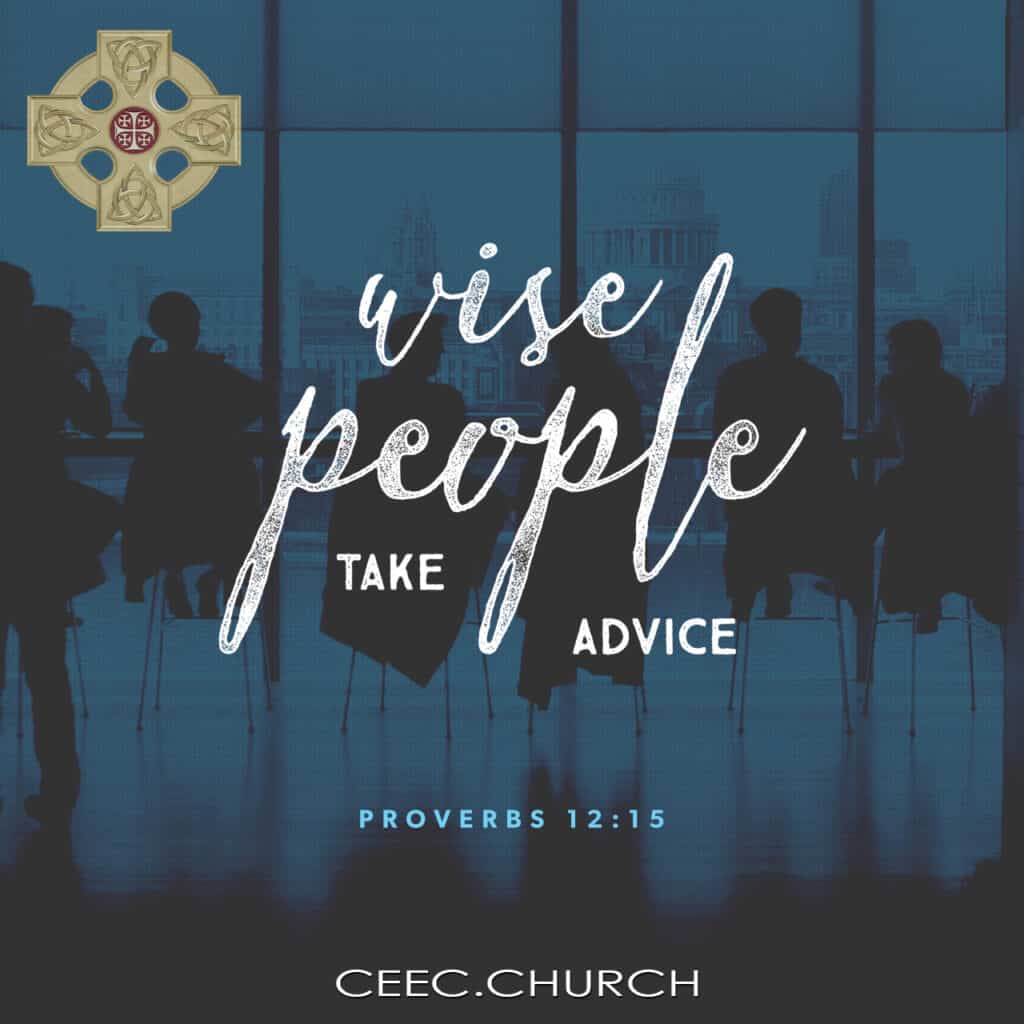There is a flip side to the “Prison of Fools” warning, and it is found in a deliberate choice of totally different sort.
“The way of the fools seems right to them, but the wise listen to advice.”
I’ve been both. I’ve been the one insisting that my way was the best (alright, the “ONLY”) reasonable course of action. I’ve been bull-headed and overbearing as I’ve refused to listen to the wise counsel of others who were in a much better position to understand much more of what was going on than I was. And I’ve also been the one who has taken the time to ask for and listen to wise counsel.
It’s one thing to see what anyone else can see. It’s another thing entirely to have a depth of experience that allows you to know what cannot be seen. This is the principle of the iceberg. In just about every complex situation you’ll ever face in life, what is clearly seen and observable might be helpful; but it will almost NEVER be enough to know only what you can observe. This is where experience, understanding and wisdom come into play.
WISE PEOPLE TAKE ADVICE. It really is just that simple.
Wise people know they don’t know everything. But someone does!
Wise people know that they don’t even know all that they don’t know. But someone does!
To be sure, God is always ready, willing and able to provide wisdom. The scriptures make that clear. And He also brings wise people into our lives. People whose desire to see the Kingdom of God advanced will pour themselves into your growth and development.
As a father, I’ve deliberately walked my children through childhood, adolescence and into adulthood. (I said “deliberately,” not “perfectly.”) As they’ve grown, our relationship has changed from one of dictator, to director, and then to mentor. As children, many of their choices were dictated to them. As adolescents, they received direction and correction; but the way they chose to “play their role” was increasingly left up to them. In their early adulthood years, I spoke as a mentor who was intentionally investing into the decisions they had to make on their own.
When and whether that role continues is now largely in their hands . Their willingness to share the failures, challenges and victories of their lives will be driven in large part by how wise and valuable my counsel has been in the past. If they are wise, they’ll recognise that their perception of its value is likely to change over time. If I am wise, I’ll recognise that the need for me to give unsolicited counsel decreases as their maturity grows.
This same dynamic extends beyond the family, of course; but it’s operation within a healthy family is a good proving ground. I see this in my role as Bishop, and also in my work as an executive. Every situation, though different, provides a new opportunity to search for the “wise man” and invite his counsel. (No exclusion intended here; for wisdom is not the exclusive possession of either gender.)
Wise people take advice.
Consider well from whom you take it, just the value of their counsel by their experience and its fruit. It’s been my experience that fools are quick to jump in and share their opinion. So exercise caution and remember the principle of the iceberg. Select wise counselors to speak into your life. Then listen when they speak, weigh carefully what they say — and act accordingly.
Wise people take advice.
